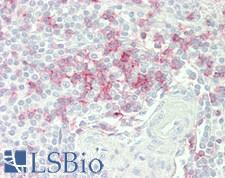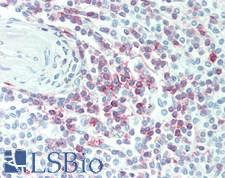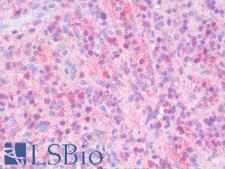Login
Registration enables users to use special features of this website, such as past
order histories, retained contact details for faster checkout, review submissions, and special promotions.
order histories, retained contact details for faster checkout, review submissions, and special promotions.
Forgot password?
Registration enables users to use special features of this website, such as past
order histories, retained contact details for faster checkout, review submissions, and special promotions.
order histories, retained contact details for faster checkout, review submissions, and special promotions.
Quick Order
Products
Antibodies
ELISA and Assay Kits
Research Areas
Infectious Disease
Resources
Purchasing
Reference Material
Contact Us
Location
Corporate Headquarters
Vector Laboratories, Inc.
6737 Mowry Ave
Newark, CA 94560
United States
Telephone Numbers
Customer Service: (800) 227-6666 / (650) 697-3600
Contact Us
Additional Contact Details
Login
Registration enables users to use special features of this website, such as past
order histories, retained contact details for faster checkout, review submissions, and special promotions.
order histories, retained contact details for faster checkout, review submissions, and special promotions.
Forgot password?
Registration enables users to use special features of this website, such as past
order histories, retained contact details for faster checkout, review submissions, and special promotions.
order histories, retained contact details for faster checkout, review submissions, and special promotions.
Quick Order
PathPlusTM CD2 Antibodies
CD2 is a cell adhesion molecule that is found on the plasma membrane of peripheral T-lymphocytes, thymocytes, natural killer cells, Langerhans cells, and mast cells. It mediates adhesion between T-cells and antigen processing cells, induces co-stimulatory signals in T-cells and T-cell cytokine production, regulates T and NK mediated cytolysis, and inhibits apoptosis of activated peripheral T-cells. CD2 also distinguishes between two subsets of human plasmacytoid dendritic cells with distinct phenotypes and functions. In malignancies, CD2 is expressed on T-cell lymphomas, anaplastic large cell lymphomas, and T-cell leukemias, which helps to differentiate them from negatively staining B-cell neoplasms. The marker is also positive in some mast cell proliferative diseases.
References: J Exp Med 1999;190:1383; Immunology 2013;139:48; J Immunol 2009;182:6815
3 PathPlusTM Antibodies



☰ Filters
Products
Antibodies
(3)
Type
Primary
(3)
Target
CD2
(3)
Reactivity
Human
(2)
Mouse
(1)
Rat
(1)
Application
IHC-P
(3)
WB
(1)
ELISA
(1)
IF
(1)
Host
rabbit
(3)
Product Group
PathPlus Cancer
(3)
PathPlus Cancer Pathology
(3)
Isotype
IgG
(2)
Clonality
polyclonal pc
(3)
Format
Unconjugated
(3)
Epitope
aa25-209
(1)
Publications
No
(3)

Cancer Pathology
Cancer
CD2 Rabbit anti-Human Polyclonal (aa25-209) Antibody
Human
ELISA, IF, IHC-P
Unconjugated
100 µg/$375

Cancer Pathology
Cancer
CD2 Rabbit anti-Human Polyclonal Antibody
Mouse, Rat, Human
IHC-P, WB
Unconjugated
100 µl/$375

Cancer Pathology
Cancer
Fast Shipping
CD2 Rabbit anti-Human Polyclonal Antibody
IHC-P
Unconjugated
50 µg/$395
Viewing 1-3
of 3
product results











